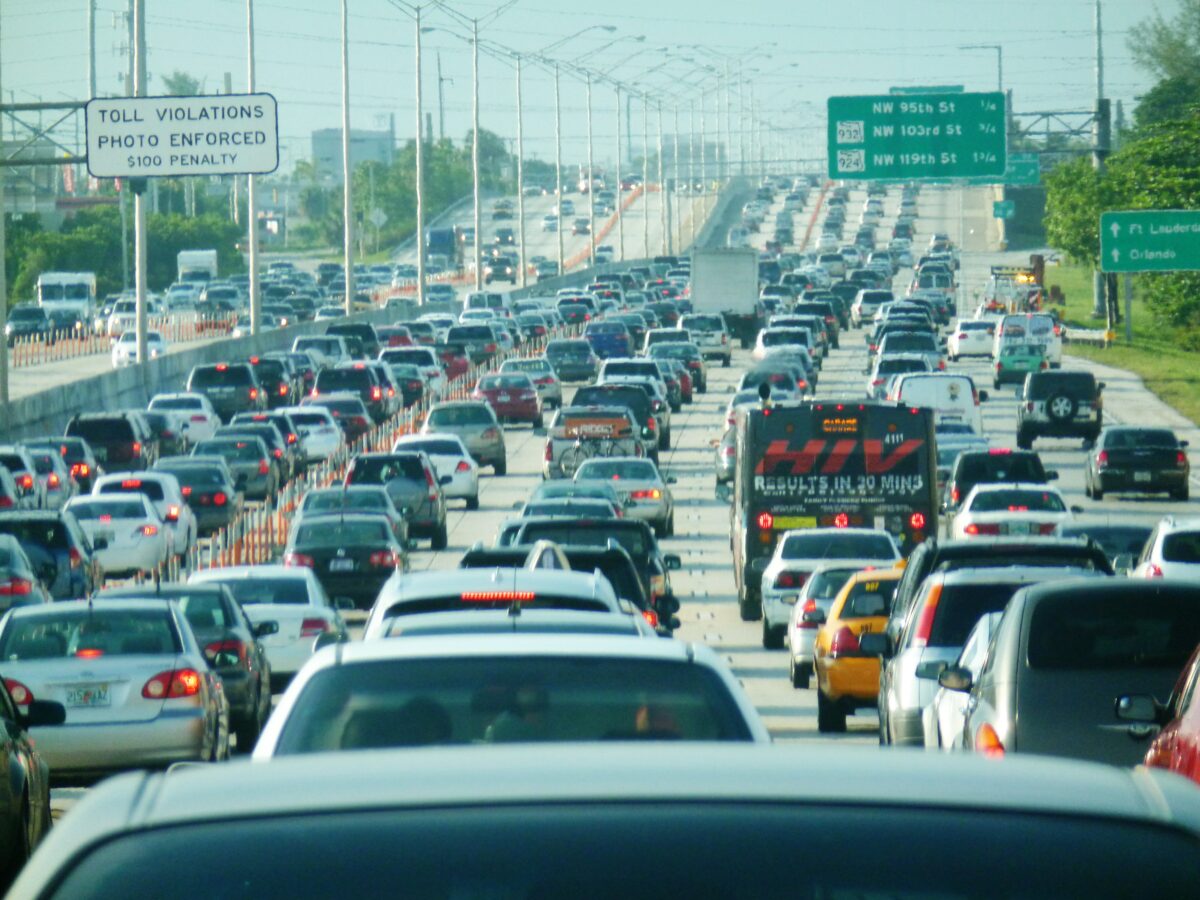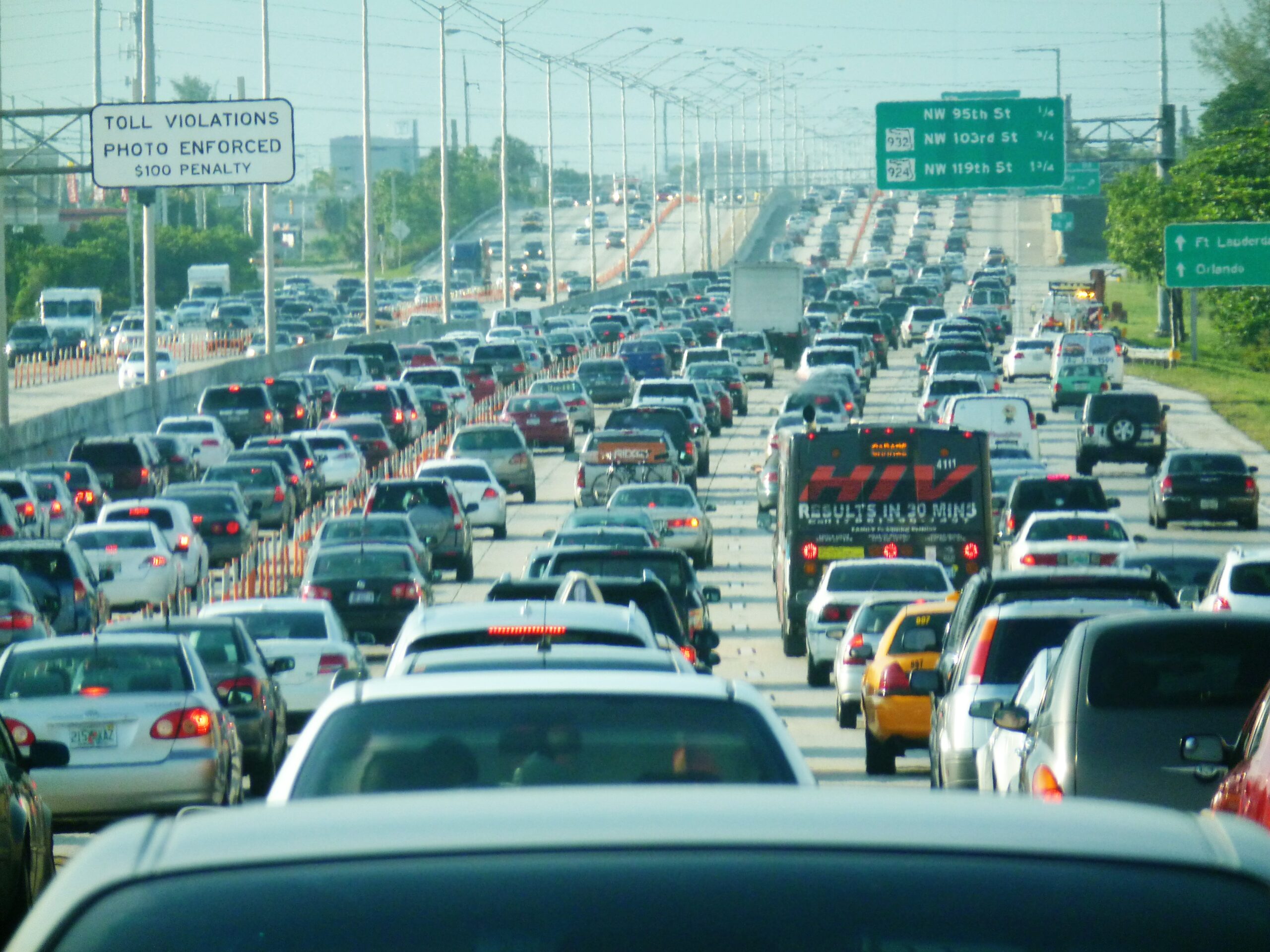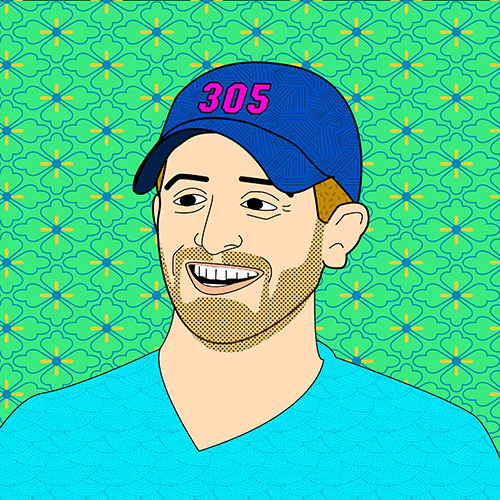
The Miami-Dade County government placed its legal imprint on an already growing trend, and simply made it illegal to reside within county limits if one earned less than $40,000 per year. Though many had already been displaced by outrageous housing costs, decrepit public services, and stagnant wages, 1.5 million previously 305-‘til-they-died Miamians packed their bags and joined a long, slow-moving line of cars snaking northward along I-95.
Ranked the second-worst metropolitan area in the United States for income inequality and poverty, the average (pre-deportation) Miamian earned $28,224 per year while the area boasted 22 billionaires, making it the third-most unequal city in the country. Tired of waiting for economics to rid the city of its pesky poors, all 34 municipal governing bodies joined the county in booting the ingrates out.
Elected officials and developers wasted no time in the subsequent rezoning bonanza. Little Havana was rebranded Little Portland while Little Haiti transformed into Little Connecticut. Overtown was incorporated into a massive Airbnb complex known as “Ethnic Wynwood.” Homestead, Kendall, Sweetwater, and Doral were asphalted over for a 150-lane highway extension without anyone bothering to ask who would drive it. Meanwhile, Hialeah and Miami Lakes, their petty border feud now rendered meaningless, were transformed into a Cuban-themed amusement park tentatively titled “Cubiche Candyland.”
When I contacted City of Miami Mayor Francis Suarez’s office for comment, his secretary informed me he was on an indefinite “snortable Bitcoin”-fueled bender, but would get back to me when he returned from the Moon.
City of Miami Commissioner Joe Carollo, however, was more responsive.
“This is going to be fantastic!” gesticulated Carollo. “We’re going to plaster the county in high-end condos! Allapattah? Boom!” he punched the air. “Condos! Brownsville? Boom!” another punch. “More condos! West Miami? Booyakasha!” a third punch. “Condos as far as the eye can see!”
Asked where developers would source their labor, who would grow the county’s food, and how restaurants would serve their customers, Carollo waved me away, “That won’t be a problem. Unlike the lazy socialists who previously took those jobs, there are plenty of upper-middle class folks willing to put in a hard day’s physical work. And if we can’t find them in the county, we’ll bus them in from Colliers, Broward, or Palm Beach. White people love being outdoors. I’m sure they won’t care if it’s in a field or a construction site. Anyway, this has been great, but I have to get back to the office.”
Carollo pulled out his phone and ordered an Uber.
We tried not to make eye contact while the app searched for drivers.
Five minutes of awkward silence inched by.
“Any minute now…” asserted Carollo, uncertainty ringing in his voice.
I walked away after another painfully long ten minutes, during which not a single driver appeared on the app. To my knowledge, the commissioner is still waiting.
If you like our stories, check out the first free chapter of our new book.

